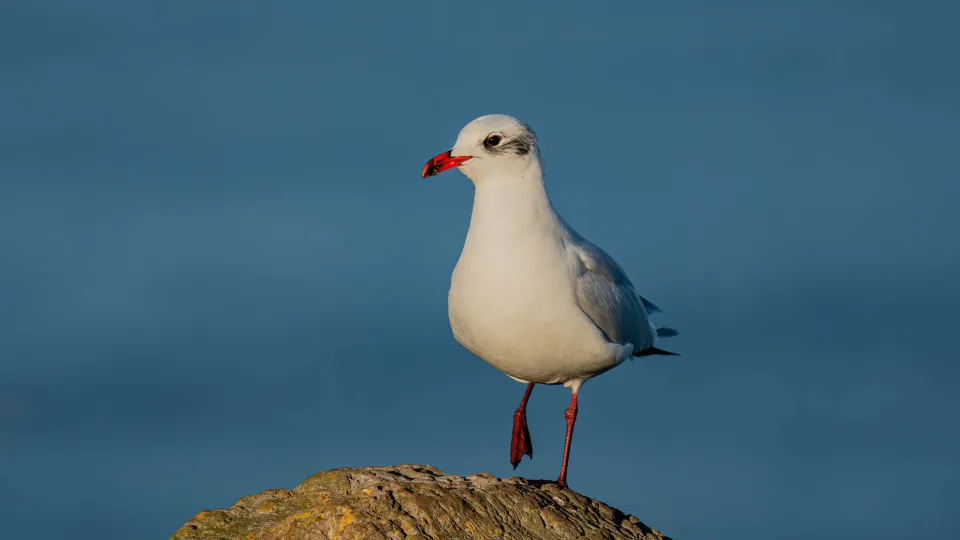
Mediterranean gull
Once a rare visitor to the UK, this striking gull is now found nesting here in large colonies.

Once a rare visitor to the UK, this striking gull is now found nesting here in large colonies.
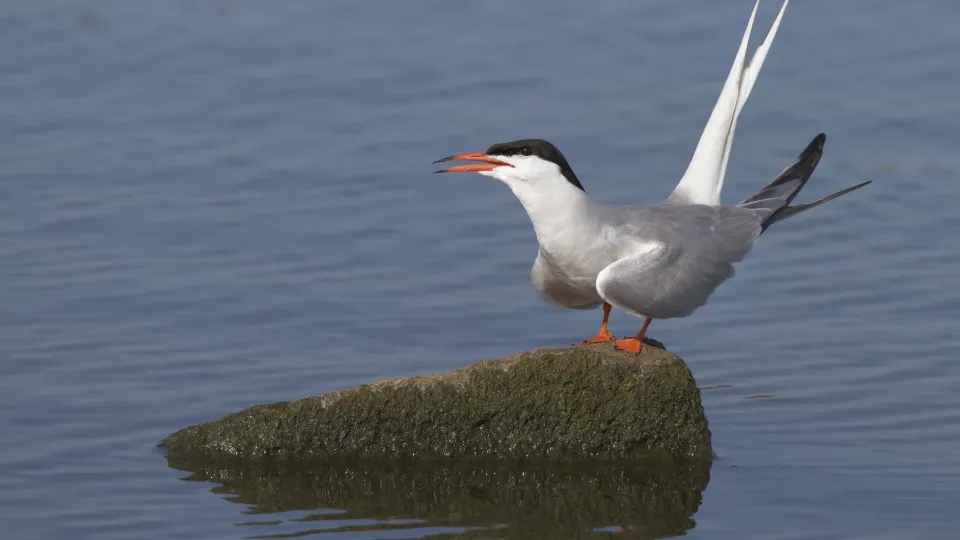
During the breeding season, the common tern can be seen around our coasts and also inland at gravel pits, reservoirs and lakes. It nests in noisy colonies and can be spotted plunge-diving for fish.
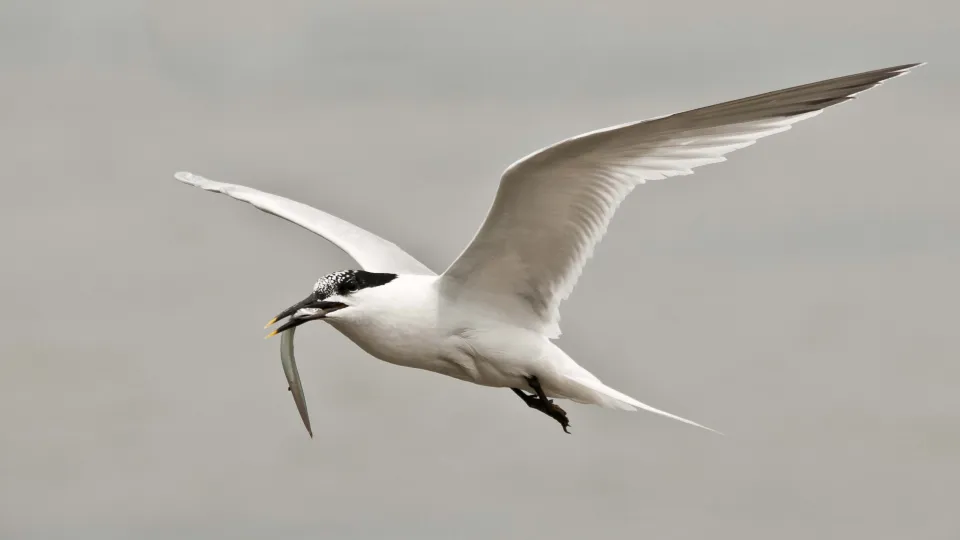
Found around our coasts during the breeding season, the large Sandwich tern can be spotted diving into the sea for fish such as sandeels. It nests in colonies on sand and shingle beaches, and islands.
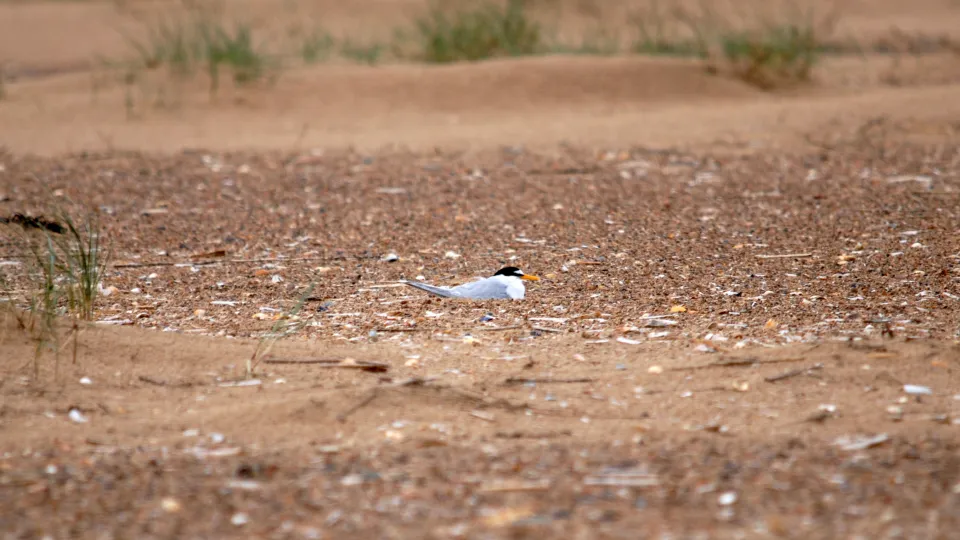
Found around our coasts during the breeding season, the little tern is a diminutive seabird. Despite its size, it performs remarkable aerial courtship displays.
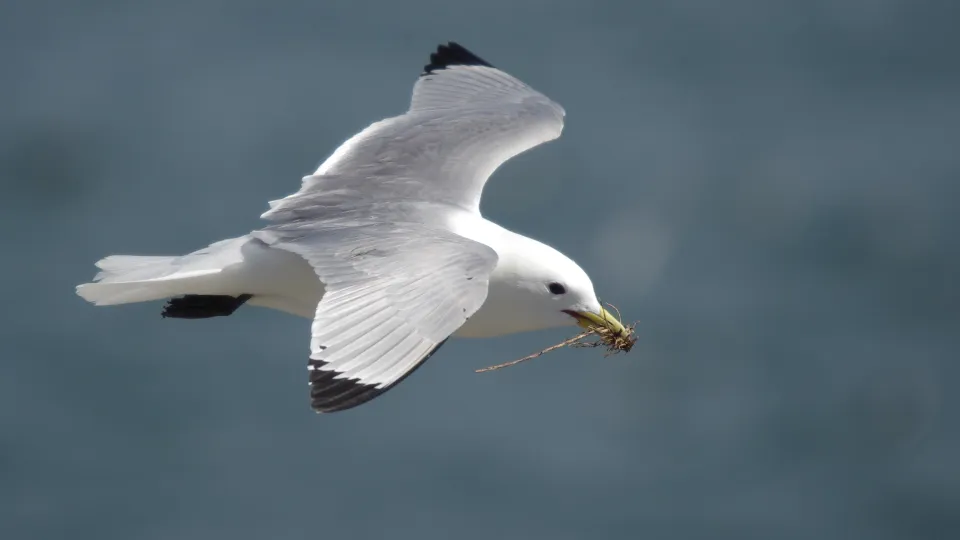
A pretty, little gull, the kittiwake can be spotted nesting in colonies on clifftops and rock ledges around the UK's coast. It spends the winter out at sea.
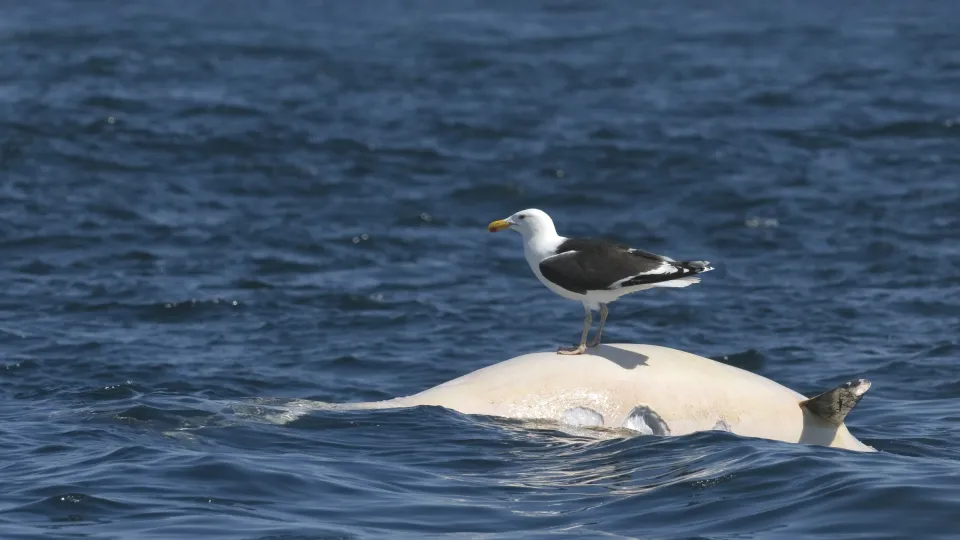
This huge gull can be seen around most of the UK's coasts in summer, with some venturing inland in winter.
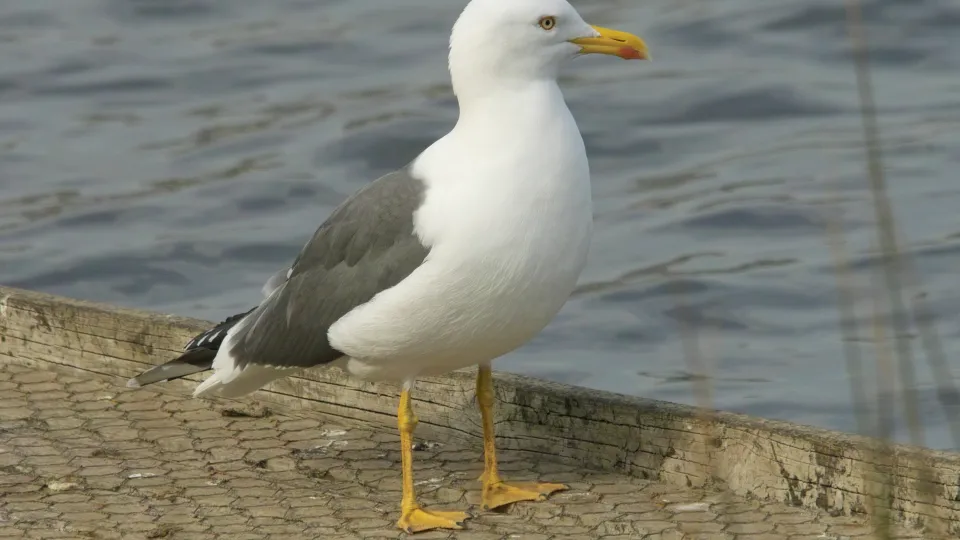
The lesser-black backed gull can be spotted around the coast in summer, with the biggest colony on Walney Island, Cumbria. Look for it over fields, landfill sites and reservoirs during winter.
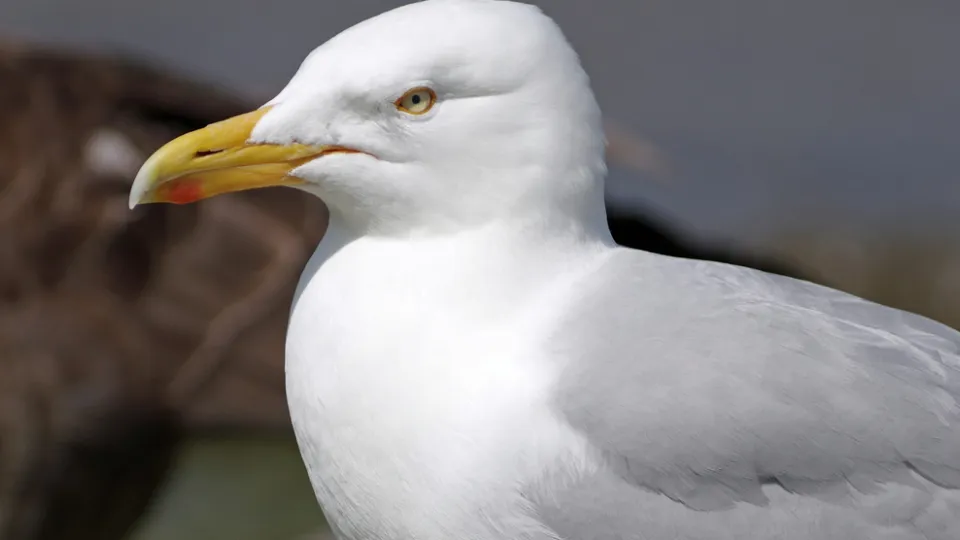
The herring gull is the typical 'seagull' of our seaside resorts, though our coastal populations have declined in recent decades.
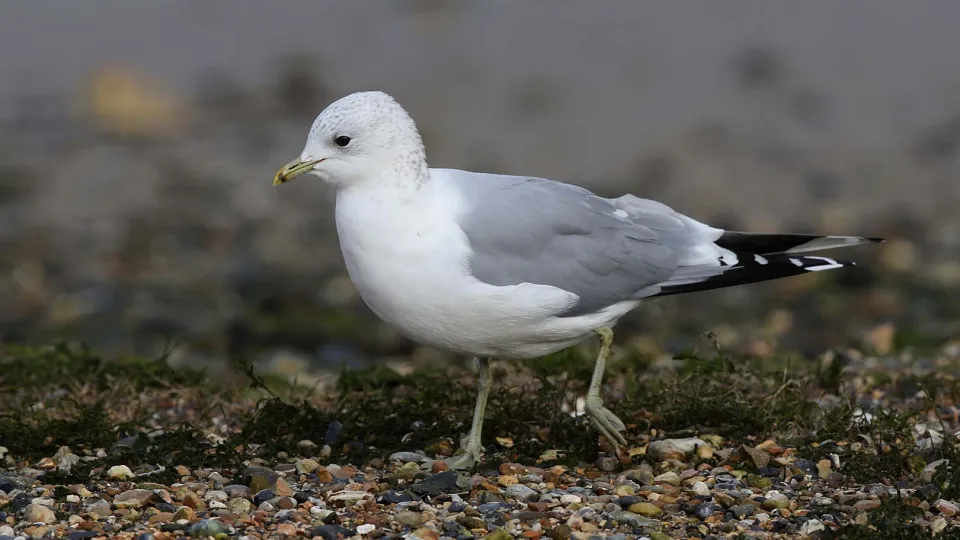
Despite its name, the common gull is not as common as some of our other gulls. It can be spotted breeding at the coast, but is also partial to sports fields, landfill sites and housing estates in winter.
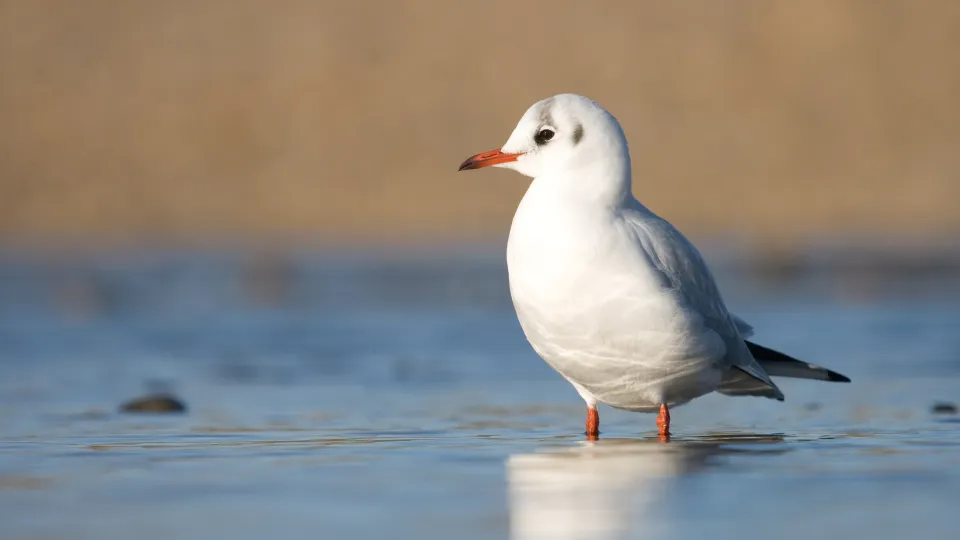
The black-headed gull is actually a chocolate-brown headed gull! And for much of the year, its head even turns white. Look out for it in large, noisy flocks on a variety of habitats.